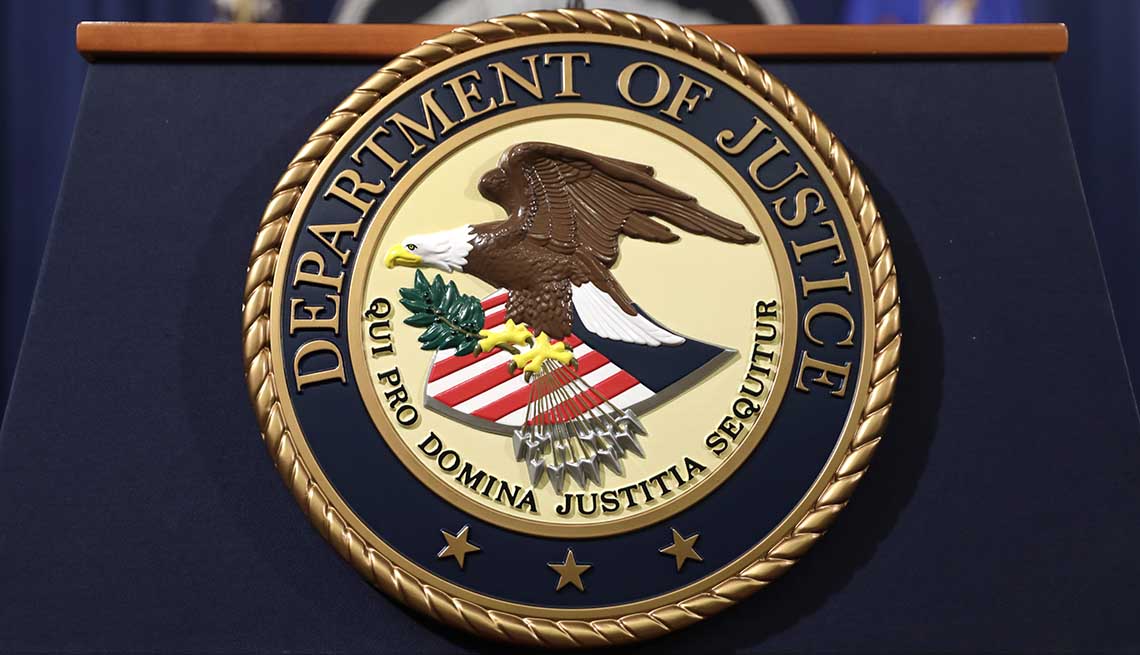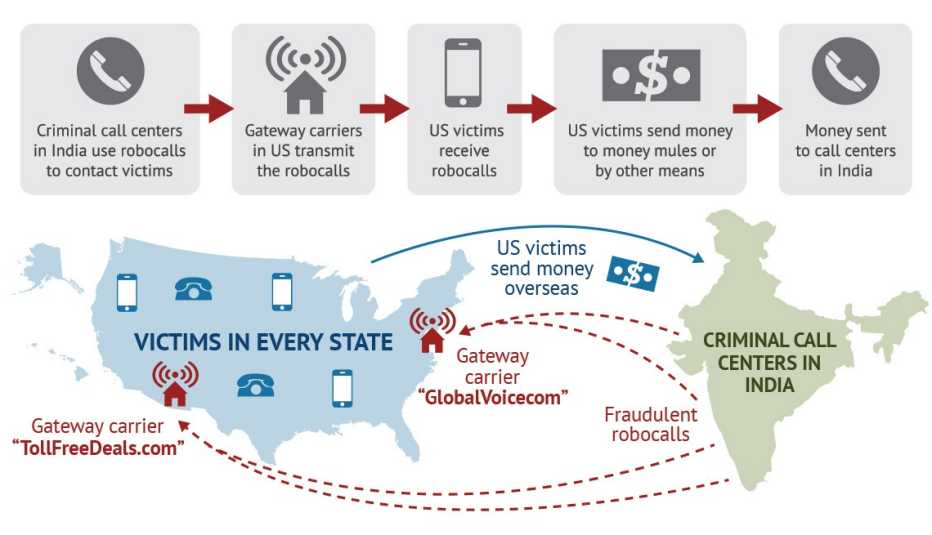Staying Fit
The government announced first-of-its-kind steps Tuesday to stop hundreds of millions of predatory robocalls every month from entering the U.S. to perpetrate costly impostor scams against Americans, including many older victims.
The groundbreaking civil actions are aimed at shutting down firms in Long Island, New York, and Scottsdale, Arizona, that provide internet services and act as “gateway carriers” for calls from overseas, mostly from India, Department of Justice (DOJ) officials said.


AARP Membership— $12 for your first year when you sign up for Automatic Renewal
Get instant access to members-only products and hundreds of discounts, a free second membership, and a subscription to AARP the Magazine.
In impostor scams, criminals pose as representatives of the Social Security Administration, the Internal Revenue Service, U.S. Immigration and Customs Enforcement or another agency, in a bid to trick people into giving them money under threat or as a remedy for a bogus problem. The threats include arrest and court actions and are “often terrifying,” and they are “terrifyingly successful,” said Assistant U.S. Attorney General Jody Hunt. In 2019 alone, the Federal Trade Commission heard more than 400,000 complaints of impostor scams resulting in more than $150 million in losses, Hunt said, mostly to older victims.
Staggering robocall volume
The actions are against five companies and three people who are principals of the firms. One of the accused firms allegedly carried 720 million calls during a 23-day period, and more than 425 million of those calls lasted less than a second, indicating they were robocalls, officials said. The calls involved “spoofed” phone numbers that disguise on caller ID the true identity of the caller.
"Robocalls are an annoyance to many Americans, and those that are fraudulent and predatory are a serious problem, often causing devastating financial harm to the elderly and vulnerable members of our society,” Hunt said.





































































